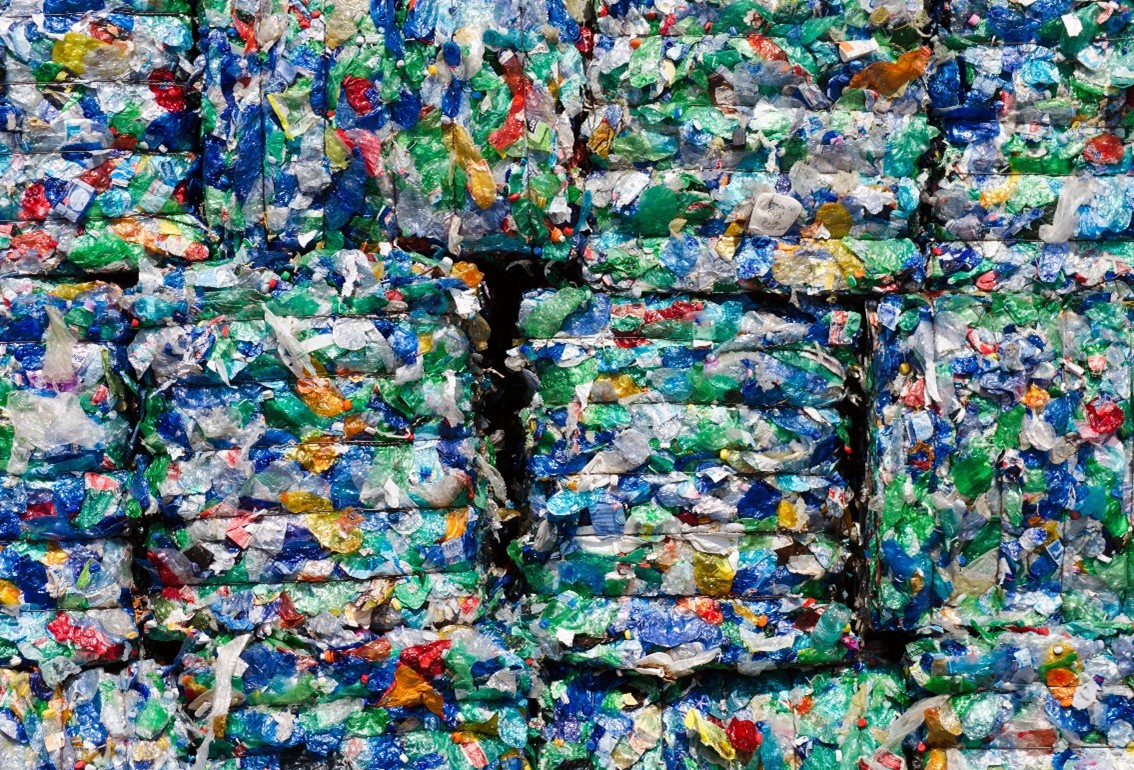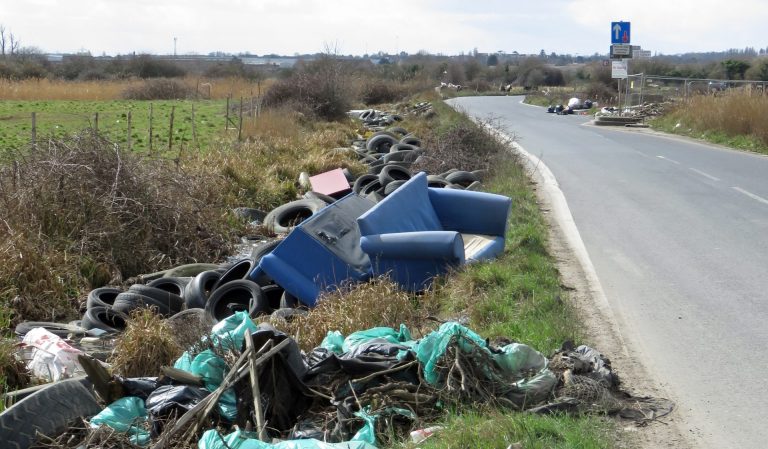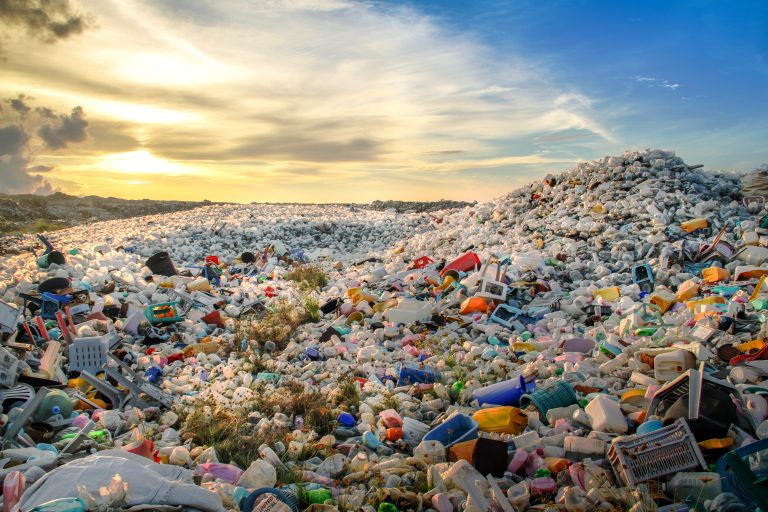Every year, on March 18th, the world comes together to celebrate Global Recycling Day, a day dedicated to raising awareness about the importance of recycling and its role in preserving our planet. Recycling is a simple yet powerful way to address environmental issues like pollution, resource depletion and climate change.
Global Recycling Day serves as a powerful reminder that the way we treat our waste today has a significant impact on the world of tomorrow. It’s a day to reflect on how recycling can contribute to a more sustainable future and how small actions can lead to big changes on a global scale.
What is global recycling day?
Global Recycling Day, launched in 2018 by the Global Recycling Foundation, aims to promote recycling and encourage action from individuals, businesses and governments to reduce waste. The day highlights the value of recyclable materials, the need for better recycling systems and celebrates those making a positive impact in recycling. Each year, a theme is chosen to raise awareness and advocate for improved recycling practices across various sectors, with the 2025 theme continuing this focus.
The Importance of Recycling
Recycling is a key component of the circular economy, where materials are reused, refurbished and recycled instead of being discarded. It conserves natural resources, reduces pollution and lowers greenhouse gas emissions.
- Conserving Resources: Recycling conserves finite resources such as metals, minerals and fossil fuels. For example, recycling one ton of paper saves 17 trees and 7,000 gallons of water, while recycling aluminium can save up to 95% of the energy needed to produce new aluminium from raw materials.
- Reducing Pollution: Recycling reduces the need for raw material extraction, helping prevent deforestation, habitat destruction and pollution. It also lowers air and water pollution by reducing incineration and landfilling.
- Fighting Climate Change: Recycling helps reduce the release of harmful greenhouse gases into the atmosphere. For instance, recycling metals and paper helps reduce CO2 emissions by cutting the energy consumption associated with manufacturing new materials.
- Creating Jobs: The recycling industry is a major source of employment. The UK recycling sector alone employs over 150,000 people, contributing to a sustainable, green economy.
- Reducing Waste: Global waste production is rising rapidly, with the average person in the UK generating 1.9 kg of waste daily. However, increased recycling can significantly reduce this amount, and the UK is working to decrease landfill use by boosting recycling rates.

The Global Recycling Challenge
Despite the benefits of recycling, significant challenges remain in expanding effective recycling programs. The World Bank predicts global waste production will increase by 70% by 2050, driven by urban growth and consumption. In 2020, the world produced 2.01 billion tonnes of waste, but less than 20% was recycled.
Several factors contribute to this recycling gap:
- Lack of Infrastructure: In many parts of the world, recycling systems are underdeveloped or nonexistent, making proper recycling difficult. Even in regions with strong programs, limitations on accepted materials can cause confusion and missed recycling opportunities.
- Public Awareness: Many people are unaware of the full scope of what can and should be recycled. Items such as electronics, textiles and certain plastics are often overlooked in everyday recycling efforts.
- Contamination: Contamination is a major issue for recycling, as non-recyclable items mixed with recyclables can cause entire batches to be rejected. For example, a dirty pizza box or a plastic bag can lead to contamination.
- Economic Factors: In some regions, weak economic incentives for recycling hinder widespread participation, as producing new products is often more cost-effective than recycling old ones
Recycling in the UK: A Snapshot of Current Efforts
The UK has made notable progress in improving recycling rates, but there is still much work to be done.
- Recycling Rates: In 2020, the UK had a household recycling rate of 45.5%, according to the Department for Environment, Food & Rural Affairs (DEFRA). This is a step in the right direction, but it still falls short of the EU target of 50% recycling.
- Plastic Waste: The UK uses approximately 5 million tonnes of plastic annually, but only about 45% of this plastic is recycled, according to WRAP (Waste and Resources Action Programme).
- E-Waste: The UK generates over 1.5 million tonnes of e-waste each year. However, only about 17% is recycled, according to Recycle Now. Proper e-waste recycling is critical, as electronic devices contain valuable materials like gold, copper and rare earth metals.
- Food Waste: According to WRAP, around 9.5 million tonnes of food are wasted in the UK annually, with 70% of it being avoidable. Recycling food waste through composting can significantly reduce the environmental impact.

Global Recycling Day: What Can You Do?
Global Recycling Day reminds us that we all play a part in creating a sustainable world. Actions you can take include:
- Understand local recycling rules and sort materials properly.
- Reduce and reuse to minimise waste.
- Educate others to spread recycling awareness.
- Support recycling innovations that use old products to create new ones.
- Get involved in local recycling programs and advocacy efforts.
- Advocate for policies that promote recycling and sustainable practices.
The Future of Recycling: A Circular Economy
The circular economy will be key to the future of recycling, where products are designed to be reused, repaired or recycled, minimizing waste and raw material consumption. Collaboration between businesses, governments and individuals is crucial to keep resources in use. The global circular economy could generate $4.5 trillion in economic benefits by 2030, helping reduce waste, conserve resources and create a more sustainable future.
Global Recycling Day reminds us that recycling is crucial for building a sustainable future. By recycling, reducing waste and supporting sustainable practices, we can conserve resources, reduce pollution and combat climate change. On March 18th, take time to reflect on your recycling habits and consider how you can contribute to a cleaner planet. Every small action counts and together, we can make a significant impact. Let’s strive for a world where recycling is the norm and sustainability is central to everything we do.
Sources:
- WRAP (Waste and Resources Action Programme). UK Recycling Rates WRAP – Recycling Statistics
- Department for Environment, Food & Rural Affairs (DEFRA). Household Recycling Rates in the UK DEFRA – Recycling Statistics
- Recycle Now. UK E-Waste Recycling Statistics Recycle Now – E-Waste
- World Bank. Global Waste Production Projections World Bank – Waste Statistics














